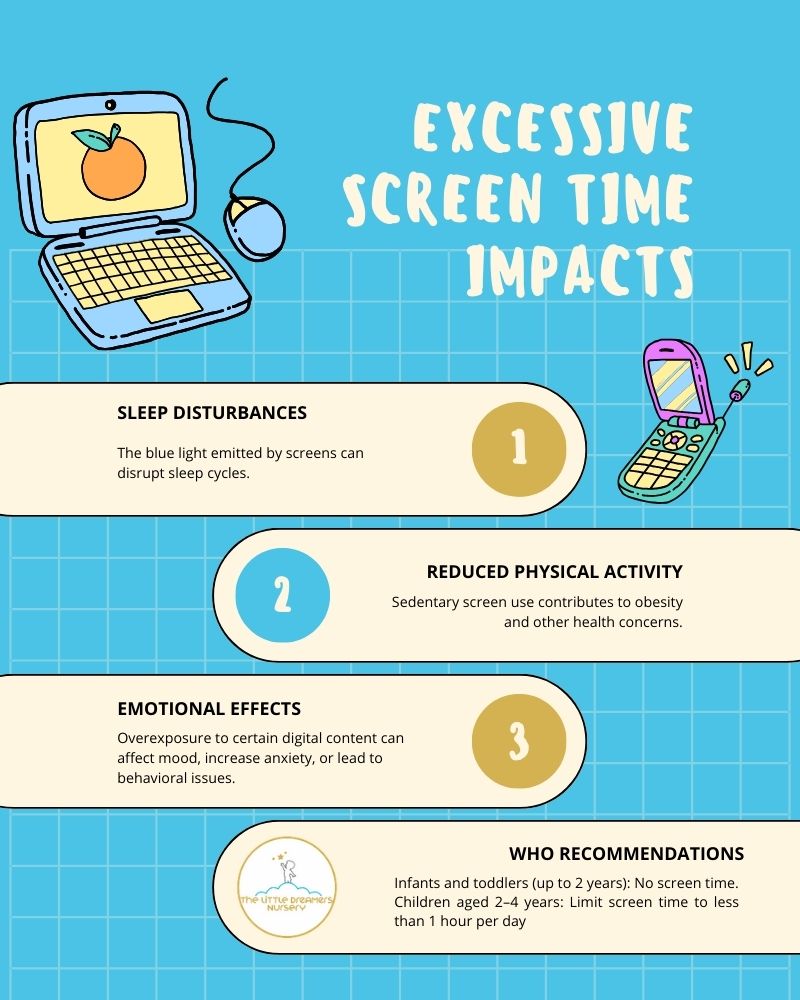Global Early Childhood Education Initiative Aligns with Sustainable Development Goals
Introduction
An international network, Chabad Early Childhood, operating under the Shluchim Office, has initiated a series of programs to support its global network of preschools. This report analyzes the initiative’s alignment with several United Nations Sustainable Development Goals (SDGs), particularly SDG 4 (Quality Education), SDG 10 (Reduced Inequalities), and SDG 16 (Peace, Justice, and Strong Institutions).
Advancing Quality Education (SDG 4)
The initiative directly contributes to SDG Target 4.2, which aims to ensure that all children have access to quality early childhood development, care, and pre-primary education. This is achieved through a multi-faceted approach focused on capacity building and resource provision.
Key Activities Supporting SDG 4
- Professional Development: A six-session virtual training program was conducted for 690 preschool staff members. The training focused on equipping educators with tools for professional, values-based classroom management, thereby enhancing the quality of instruction.
- Curriculum Resources: Member institutions received “Prepping Pals,” a comprehensive lesson plan resource with activities centered around Jewish holidays. This ensures a standardized, high-quality educational framework is accessible to all network schools.
- Innovative Curriculum Launch: A new core values-based curriculum, “Footsteps,” was introduced. This program is designed to provide interactive learning for children and engage parents, fostering a holistic educational environment that supports early childhood development.
Promoting Inclusive Societies and Reducing Inequalities (SDG 10 & SDG 16)
The program’s structure and content inherently support the goals of reducing inequalities and building peaceful, inclusive societies.
Contributions to Social Goals
- Reduced Inequalities (SDG 10): By providing standardized, high-quality resources and training to a global network of preschools, Chabad Early Childhood helps reduce disparities in educational quality between different communities. This ensures that educators and children in various locations have equitable access to modern pedagogical tools.
- Peace, Justice, and Strong Institutions (SDG 16): The “Footsteps” curriculum’s emphasis on core values contributes to the foundations of peaceful and inclusive societies. Educating young children on fundamental values fosters social cohesion and mutual respect from an early age. The network itself represents a strong institutional framework dedicated to educational excellence.
Fostering Partnerships for the Goals (SDG 17)
The initiative exemplifies a successful partnership model. Chabad Early Childhood, as a project of the Shluchim Office, functions as a central support hub that collaborates with numerous local preschools worldwide. This network facilitates the efficient distribution of resources, sharing of best practices, and collective professional growth, demonstrating a strong commitment to achieving educational goals through global partnership.
SDGs Addressed in the Article
- SDG 4: Quality Education: The article’s central theme is the provision of quality early childhood education through support, resources, and teacher training for preschools.
- SDG 17: Partnerships for the Goals: The text describes an international network, Chabad Early Childhood, which functions as a partnership to support and enhance the educational efforts of individual preschools.
- SDG 10: Reduced Inequalities: By focusing on “outreach children,” the initiative implicitly aims to provide quality educational opportunities, which is a key factor in reducing future social and economic inequalities.
Specific SDG Targets Identified
SDG 4: Quality Education
-
Target 4.2: By 2030, ensure that all girls and boys have access to quality early childhood development, care and pre-primary education so that they are ready for primary education.
Explanation: The article directly addresses this target by focusing on Chabad preschools. The development and launch of the “Footsteps” curriculum and the distribution of “Prepping Pals” lesson plans are concrete actions to improve the quality of pre-primary education provided. -
Target 4.c: By 2030, substantially increase the supply of qualified teachers, including through international cooperation for teacher training.
Explanation: The article explicitly mentions a “6-session program hosted over 690 preschool staff members” for teacher training. This initiative is a direct effort to increase the qualifications and skills of early childhood educators within their network.
SDG 17: Partnerships for the Goals
-
Target 17.16: Enhance the global partnership for sustainable development, complemented by multi-stakeholder partnerships that mobilize and share knowledge, expertise, technology and financial resources.
Explanation: The Chabad Early Childhood of the Shluchim Office is described as an “international network supporting Chabad preschools on Shlichus.” It mobilizes and shares knowledge and expertise through curriculum resources (“Footsteps,” “Prepping Pals”) and teacher training, perfectly illustrating a partnership model to achieve educational goals.
SDG 10: Reduced Inequalities
-
Target 10.2: By 2030, empower and promote the social, economic and political inclusion of all, irrespective of age, sex, disability, race, ethnicity, origin, religion or economic or other status.
Explanation: The article mentions that the “Footsteps” curriculum is designed to bring “the Rebbe’s guidelines in Chinuch to life for outreach children.” Focusing on “outreach children” suggests an effort to extend quality education to communities that may be underserved, thereby promoting inclusion and helping to reduce inequalities from an early age.
Indicators for Measuring Progress
- Number of teachers and staff trained: The article explicitly states that the teacher training program “hosted over 690 preschool staff members.” This number serves as a direct indicator for progress towards Target 4.c (increasing the supply of qualified teachers).
- Development and implementation of educational resources: The launch of the “Footsteps” curriculum and the distribution of the “Prepping Pals” lesson plan are tangible indicators of efforts to improve the quality of education, relevant to Target 4.2. The positive feedback from parents and Shluchas mentioned in the article acts as a qualitative indicator of the curriculum’s success.
- Functioning of an international support network: The existence and activities of the “Chabad Early Childhood” network itself serve as an indicator for Target 17.16. The article details how this network provides ongoing support, resources, and training, demonstrating an active partnership.
Summary Table of SDGs, Targets, and Indicators
| SDGs | Targets | Indicators |
|---|---|---|
| SDG 4: Quality Education | Target 4.2: Ensure access to quality early childhood development, care and pre-primary education. | The launch and implementation of the “Footsteps” core values-based curriculum and distribution of “Prepping Pals” lesson plans to member preschools. |
| SDG 4: Quality Education | Target 4.c: Substantially increase the supply of qualified teachers. | The training of over 690 preschool staff members through a 6-session virtual program. |
| SDG 17: Partnerships for the Goals | Target 17.16: Enhance the global partnership for sustainable development. | The operation of the “Chabad Early Childhood” as an international network providing curriculum, training, and a networking group to support preschools. |
| SDG 10: Reduced Inequalities | Target 10.2: Empower and promote the social inclusion of all. | The specific focus of the “Footsteps” curriculum on “outreach children,” aiming to provide them with quality, values-based education. |
Source: anash.org







